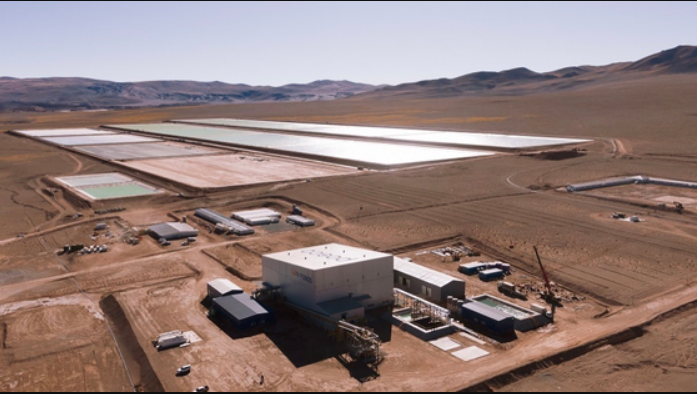POSCO Expands Mineral, Material Value Chains 2023

POSCO Group is increasing its investment not only in the acquisition of lithium and nickel, which are secondary battery materials, but also in the production of cathode and anode battery materials.
According to industry sources, POSCO Holdings is investing extensively in secondary battery materials in Argentina, such as lithium. POSCO Holdings, which acquired the rights to a lithium salt lake in Argentina and a stake in a lithium mine in Australia’s Pilbara region in 2017, intends to secure a 300,000-ton production system by 2030.
POSCO Holdings is also pursuing nickel and other battery materials. The efficacy and capacity of electric vehicle batteries are largely determined by nickel. POSCO Holdings has decided to construct a nickel smelting facility in Indonesia, the world’s leading nickel producer.
The plant’s annual production capacity of 52,000 tons of nickel matte will be sufficient to produce batteries for one million electric vehicles. With a total investment of $441 million (approximately 590 billion won), the facility is expected to be completed by 2025.

POSCO Holdings has completed a sub-center in the Yulchon Industrial Complex in Gwangyang, South Jeolla Province, Korea. The second plant is scheduled to begin testing in October and will be able to produce 43,000 tons of lithium hydroxide per year by receiving lithium concentrate from Pilbara Minerals in Australia.
In 2030, POSCO Future M intends to increase its cathode production capacity to 320 thousand tons.
POSCO Holdings acquires minerals as primary materials for its secondary battery materials business, and POSCO Future M (formerly known as POSCO Chemical) manufactures anode and cathode materials for secondary batteries from the minerals.
POSCO Future M has begun to preempt the secondary battery materials market by increasing its anode and cathode materials production capacity. It will invest 614.8 billion won (US$461.4 million) to construct a 46,000-ton facility for cathode materials in the fourth General Industrial Complex in Yeongilman, Pohang. By 2025, its total production capacity will reach 271,000 tons.
POSCO Future M recently formed a joint venture with China’s Huayou Cobalt and invested approximately 1.2 trillion won (US$900 million) to construct a production line for precursors and high-purity nickel, which are intermediate materials for cathode materials. It will establish a nickel-precursor-cathode material value chain and increase cathode production capacity to 82,000 tons per year (74,000 tons in Sejong and 8,000 tons in Pohang).
